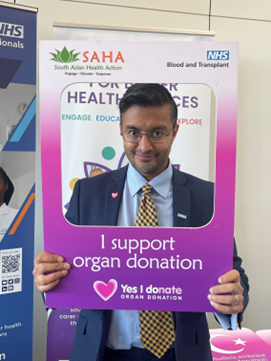 Hello, my name is Mahmud Nawaz.
Hello, my name is Mahmud Nawaz.
I wear a number of different hats across West Yorkshire, including being a Non-Executive Director at Mid Yorkshire Teaching NHS Trust, a member of the Organ Donation Committee for both Mid Yorkshire and Leeds Teaching Hospitals NHS Trusts, a Yorkshire Organ Donation Ambassador for NHS Blood and Transplant and Chair of Relate Bradford and Leeds.
This week is Organ Donation Week nationally, and I wanted to share a few words about why this is so important. In March 2004, my wife Sharon died suddenly of a brain haemorrhage. She was 32 years old. She was rushed to Bradford Royal Infirmary, where, after they had tried to save her and there was nothing more that could be done, I was asked if she had considered organ donation. Now Sharon had carried an organ donor card since the age of 16, and importantly had had the conversation with me so I knew what she wanted. Because of that, I knew to say yes – she had protected me from having to make a really big decision at the worst possible time, and without that conversation I probably would have said no.
Because she had prepared me so that I would say yes, she went on to save four lives through donating her kidneys and her liver (which gets split into two for organ donation for an adult and a child). One of those saved was a boy of one and a half, who wouldn’t have made it to two without Sharon’s donation. I am immensely proud of her for this legacy.
You may have heard that in May 2020 the law on organ donation in England changed to what is known as an ‘opt out’ system. However, in all cases, your family is consulted to see if they support your decision. This basically means that for those who haven’t made an organ donation decision on the organ donor register (either a yes or a no) – in other words the ‘no decision made’ category – the conversation with your family will be about you not opting out, so asking whether you had given any further verbal decision to them or whether there is any reason not to proceed with organ donation. Importantly, no donation happens without family consent. That is why it is vital to tell your family – prepare them for the question and know what their decision would be too, and as I said earlier, protect them from having to make a tough decision at the worst possible time. And please record that decision on the organ donor register – either on www.organdonation.nhs.uk or via the NHS App (under the “Your Health” tab). Where families have had the conversation, consent rates are above 90%, but drop to just 60% where no conversation has happened.
Across West Yorkshire, just 36% of us have recorded a decision on the Organ Donor Register (ODR) – much less than the 41% UK average. We as health leaders in West Yorkshire have work to do to encourage everyone to consider their decision, record it on the ODR and importantly, tell their family that decision.
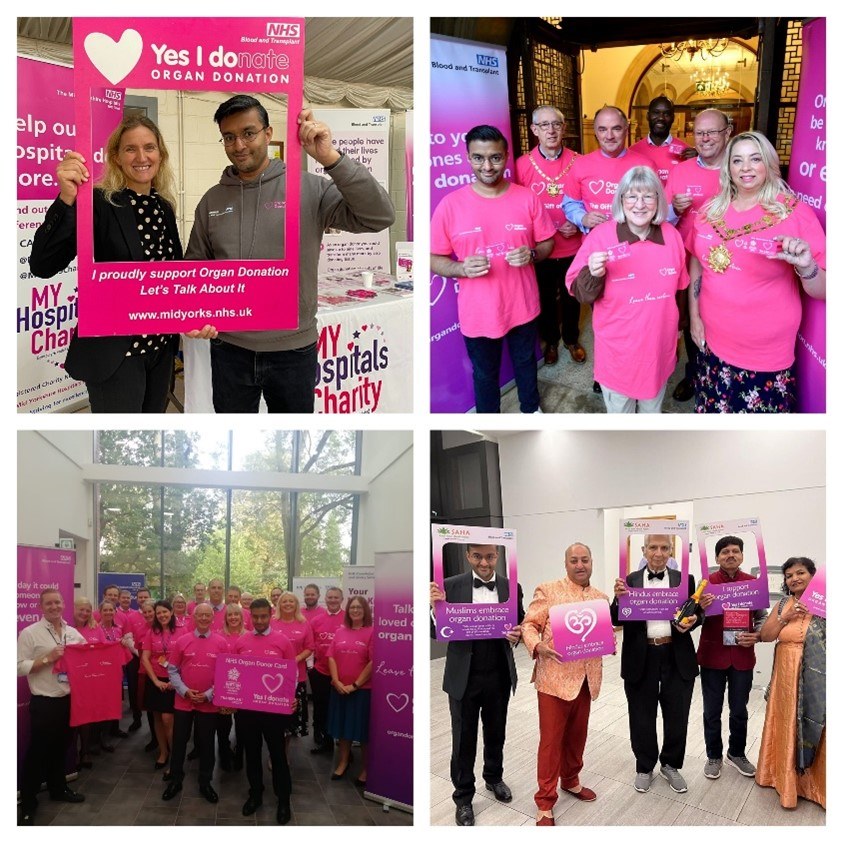 Tackling health inequalities is a big priority across the West Yorkshire ICS, and in organ donation we see big inequalities too. Ethnic minority patients make up one third of the transplant list (so are more than twice as likely to need a transplant) but consent rates are much lower (half as likely to donate an organ through deceased donation). This means that the wait for an organ transplant is much longer for ethnic minority patients, increasing the risk of death or a worsening quality of life even with the transplant. It is vital we engage all our communities and talk about organ donation. All major religions support the principles of organ donation, and a lot of great guidance and information is available for ethnicity and religion at www.organdonation.nhs.uk
Tackling health inequalities is a big priority across the West Yorkshire ICS, and in organ donation we see big inequalities too. Ethnic minority patients make up one third of the transplant list (so are more than twice as likely to need a transplant) but consent rates are much lower (half as likely to donate an organ through deceased donation). This means that the wait for an organ transplant is much longer for ethnic minority patients, increasing the risk of death or a worsening quality of life even with the transplant. It is vital we engage all our communities and talk about organ donation. All major religions support the principles of organ donation, and a lot of great guidance and information is available for ethnicity and religion at www.organdonation.nhs.uk
Across West Yorkshire and indeed nationally, you may have noticed buildings turning pink or flying the organ donation flag this week – and on social media you will find a lot of awareness activity under the hashtag #OrganDonationWeek. Please do join in, share these messages with your networks, spark that conversation in your household, your school, your organisation and team, and in your communities. This is the genuine power of one conversation to save lives and tackle inequalities.
Indeed you are actually more likely to receive a transplant than be a donor, and I’m sure we’d all want to receive a transplant if we or our family needed one, but without a donor there is no transplant. So have that conversation today, spread that conversation widely, and together we can save lives.
Have a good weekend,
Mahmud


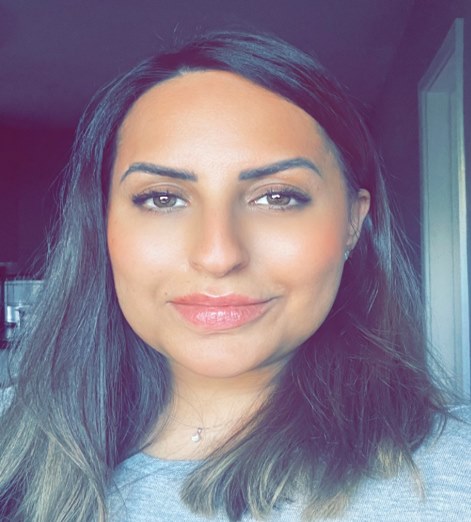 Hello, my name is Amritpal.
Hello, my name is Amritpal. Hello, my name is Lisa Stead, North East and Yorkshire Clinical Associate for
Hello, my name is Lisa Stead, North East and Yorkshire Clinical Associate for 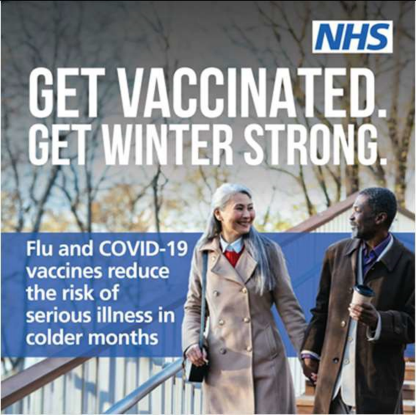 People who are at higher risk of serious illness from COVID are being invited to get their winter vaccinations from this week. People will be able to book their jabs through the
People who are at higher risk of serious illness from COVID are being invited to get their winter vaccinations from this week. People will be able to book their jabs through the 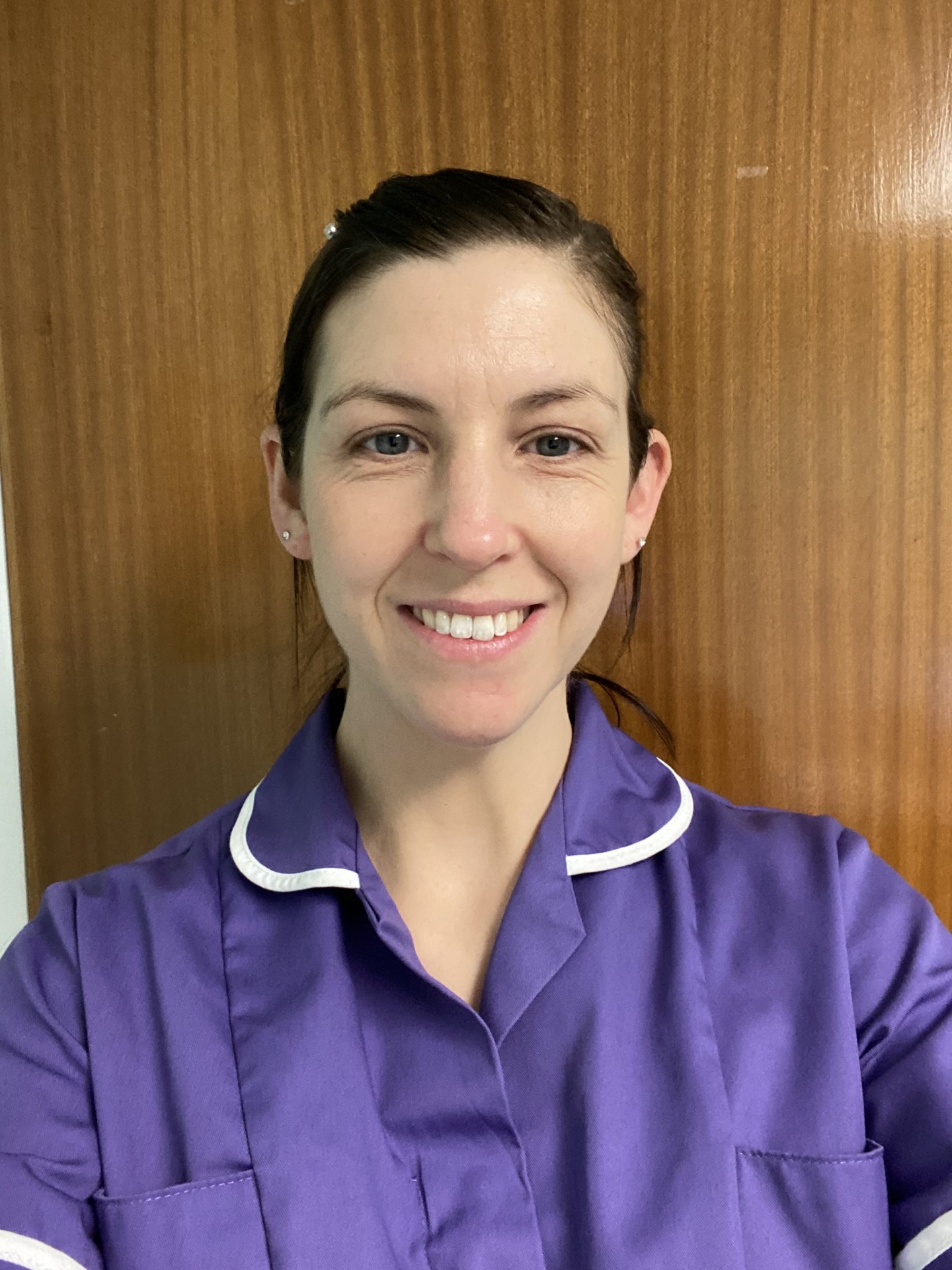
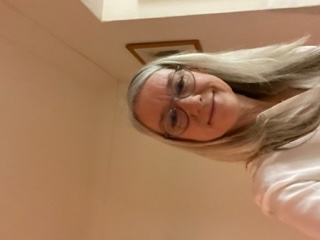 ‘Speak with a midwife’ is a brand-new campaign that launched this week, which urges pregnant women across West Yorkshire and Harrogate to speak to a midwife as soon as they find out they’re pregnant. This is to ensure they get the care they need as early as possible.
‘Speak with a midwife’ is a brand-new campaign that launched this week, which urges pregnant women across West Yorkshire and Harrogate to speak to a midwife as soon as they find out they’re pregnant. This is to ensure they get the care they need as early as possible.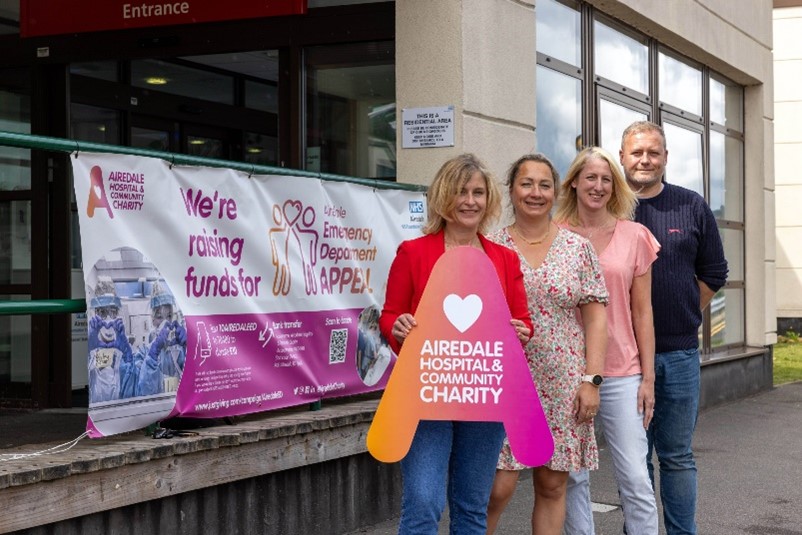 In early July, Skipton Building Society spent a week supporting staff at Airedale NHS Foundation Trust, refurbishing the staff room in their emergency department as part of Airedale Hospital and Community Charity’s Emergency Department Appeal.
In early July, Skipton Building Society spent a week supporting staff at Airedale NHS Foundation Trust, refurbishing the staff room in their emergency department as part of Airedale Hospital and Community Charity’s Emergency Department Appeal.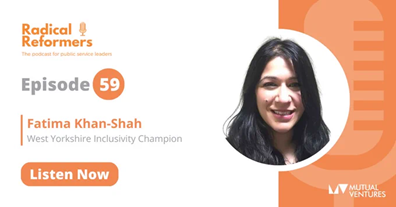
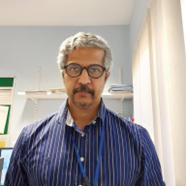 Dr Gopi Narayan has been appointed as the clinical director for the Yorkshire and Humber Perinatal Mental Health Provider Collaborative.
Dr Gopi Narayan has been appointed as the clinical director for the Yorkshire and Humber Perinatal Mental Health Provider Collaborative.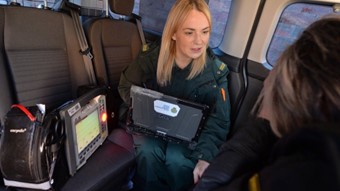 Yorkshire Ambulance Service has introduced two new advanced paramedic roles specialising in mental health - a first for the country.
Yorkshire Ambulance Service has introduced two new advanced paramedic roles specialising in mental health - a first for the country.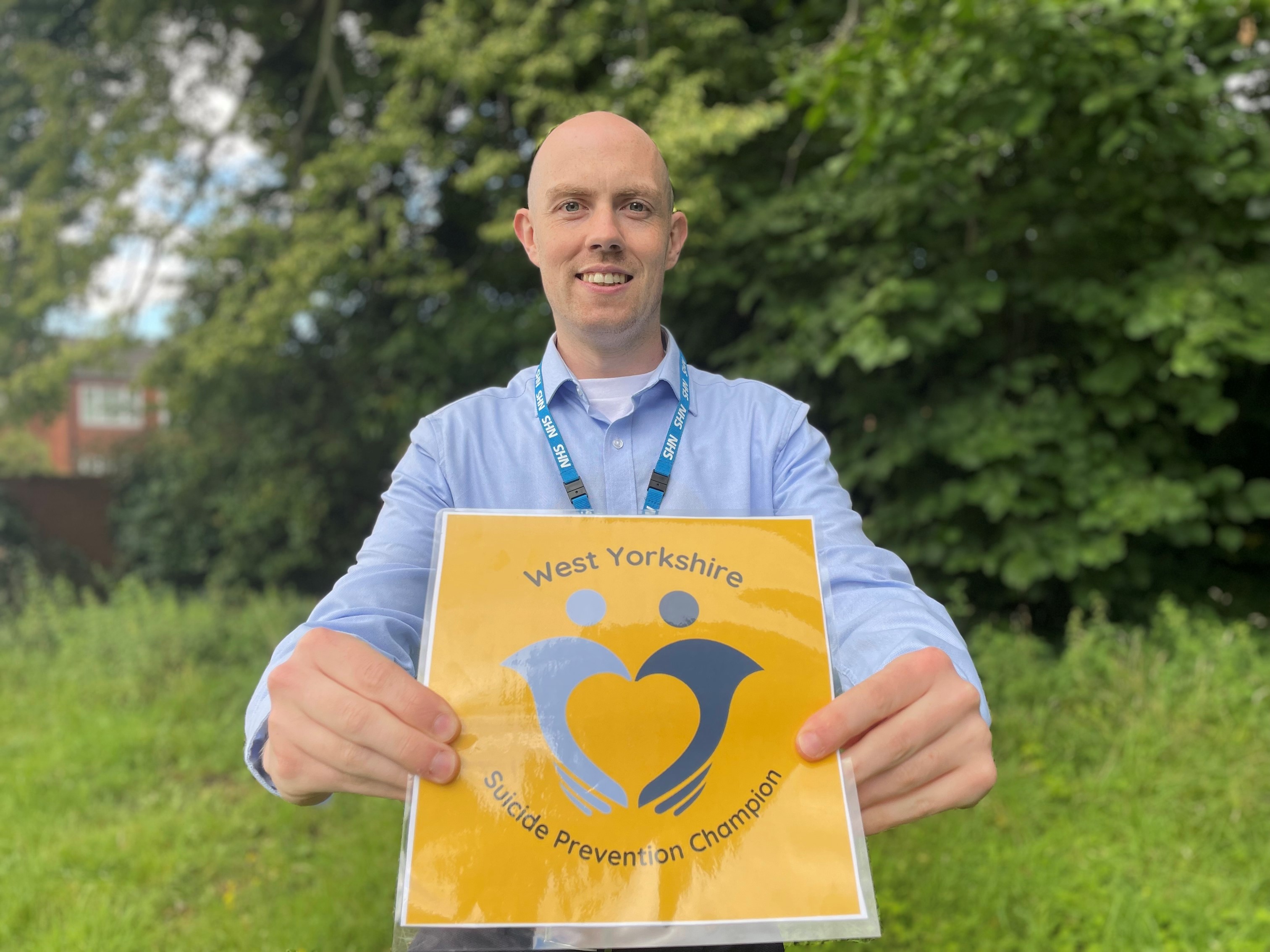
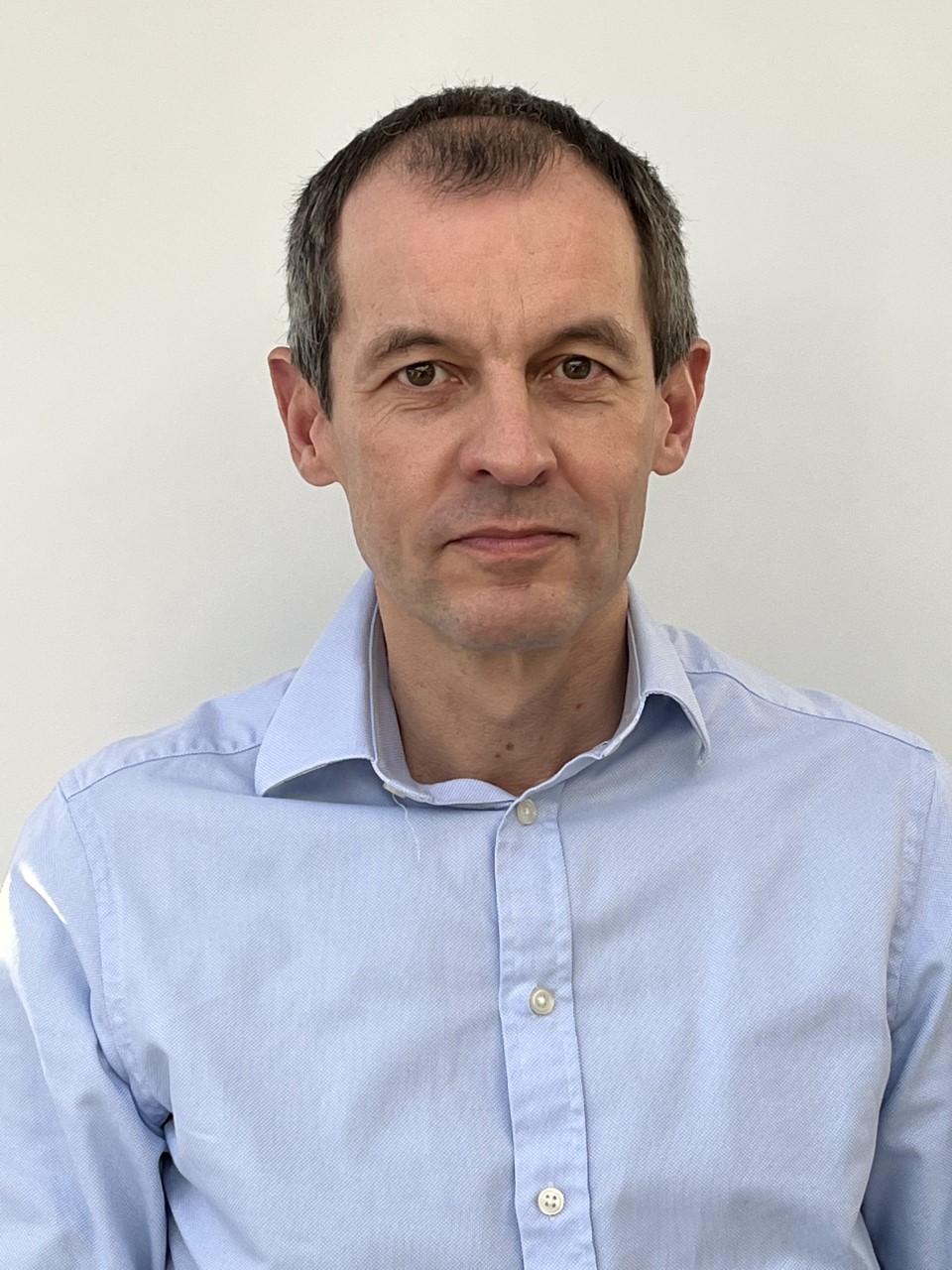 We’re delighted to share that Dr Richard Vautrey has been elected as the next President of the Royal College of General Practitioners. He will take over the post from Dame Clare Gerada, whose two-year term will come to an end in November.
We’re delighted to share that Dr Richard Vautrey has been elected as the next President of the Royal College of General Practitioners. He will take over the post from Dame Clare Gerada, whose two-year term will come to an end in November. Dr John Paul Bagala, Technical Officer Safe Motherhood at the Ugandan Ministry of Health, reflects on his time here so far in West Yorkshire.
Dr John Paul Bagala, Technical Officer Safe Motherhood at the Ugandan Ministry of Health, reflects on his time here so far in West Yorkshire.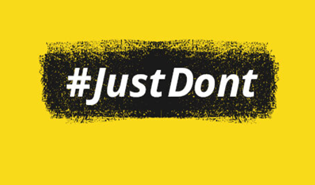 With 86% of young women in the UK having experienced sexual harassment in public, this week saw the launch of a new West Yorkshire Combined Authority (WYCA) behaviour change campaign to improve the safety of women and girls.
With 86% of young women in the UK having experienced sexual harassment in public, this week saw the launch of a new West Yorkshire Combined Authority (WYCA) behaviour change campaign to improve the safety of women and girls.